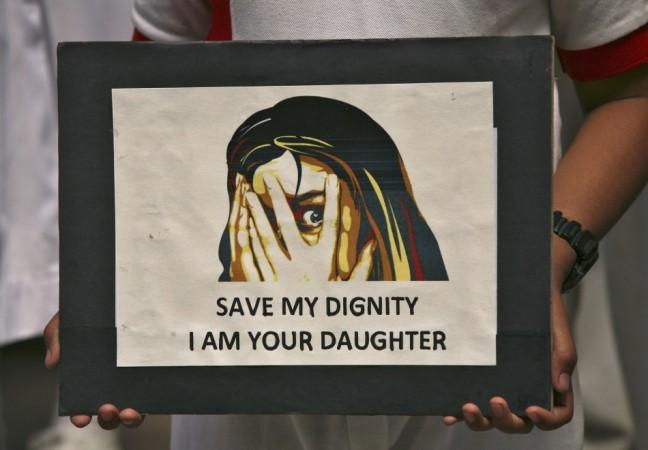
In a first of its kind, a United Nations-funded study has come up with disturbing facts about the prevailing and escalating rate of sexual crimes in Asia.
The study conducted in six countries - Bangladesh, China, Cambodia, Indonesia, Papua New Guinea, and Sri Lanka, found that rape is not a rare phenomenon and there were several instances of the offenders admitting to the crime during their teenage years.
The study which questioned over 10, 178 men found that offenders believe they have a sexual right and hence consent does not matter. Rapes for mere entertainment, as an act of punishment and revenge were the following reasons for sexual infringement.
"They believed they had the right to have sex with the woman regardless of consent." Dr Emma Fulu, the report's lead author, told BBC.
The study also highlighted "poverty, personal history of victimisation (especially in childhood), low empathy, alcohol misuse, masculinities emphasising heterosexual performance, dominance over women, and participation in gangs and related activities" as among the main factors that led to rape crimes. Interestingly, alcohol was found to be the least motivating factor.
According to the study, 1.5 percent and 7.7 percent of rape crimes were reported in Indonesia and Papa Guinea, while a startling 57.5 percent of men said admitted to committing rape crimes during their teenage years.
In general, the findings established rape in Asia as a 'frequent' occurrence with a almost a quarter of them admitting the crime and as preventive measures areas required "focus on childhood and adolescence" along with "culturally rooted male gender socialisation and power relations, abuse in childhood, and poverty."
"These data justifiably create global outrage, accentuated by horrific recent high-profile cases, including the brutal gang rape of a student in New Delhi," Dr Michele Decker from the Johns Hopkins Bloomberg School of Public Health in Baltimore, told the news agency.
"More than half of non-partner rape perpetrators first did so as adolescents, which affirms that young people are a crucial target population for prevention of rape."
The report comes at a time when India is debating over laws against the validity of juvenile laws and on lowering the age for minors given the upheaving reports of crimes committed by them across the country.
The survey, which was conducted between January 2011 and December 2012, has been published in The Lancet Journal.














